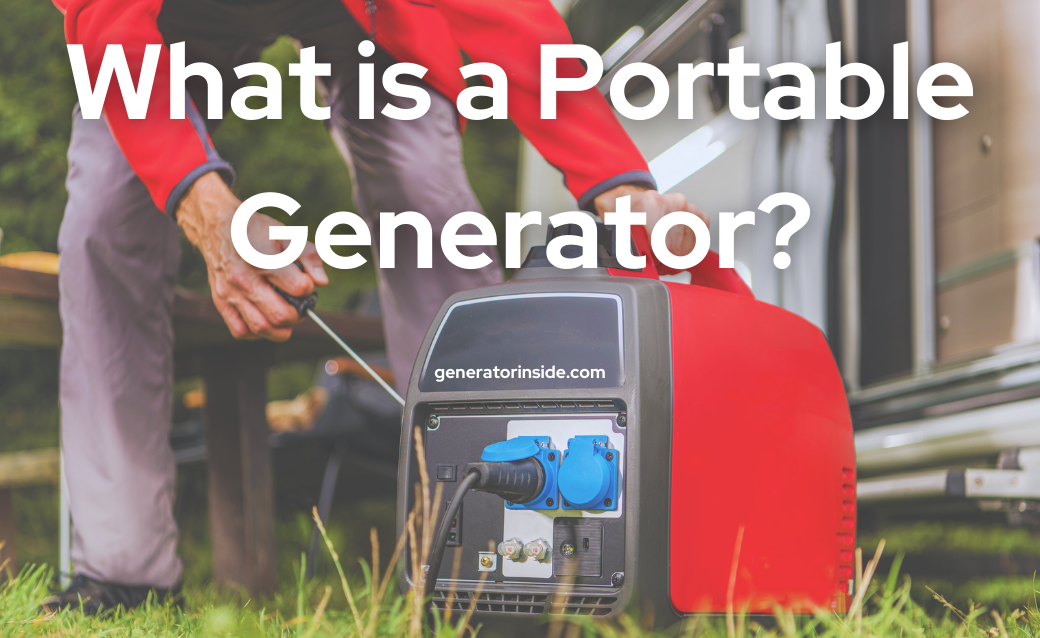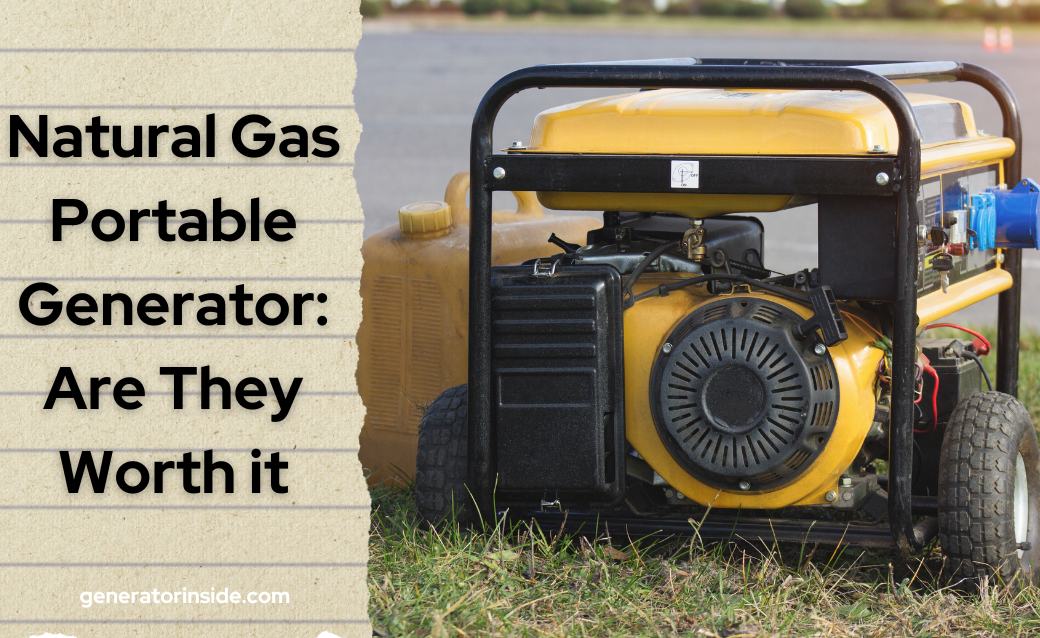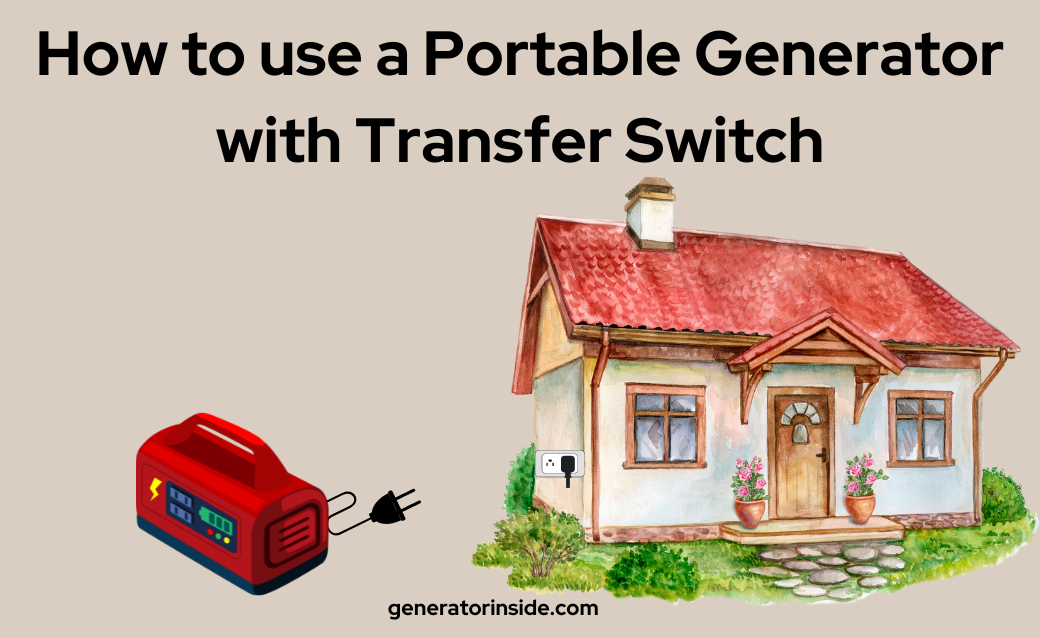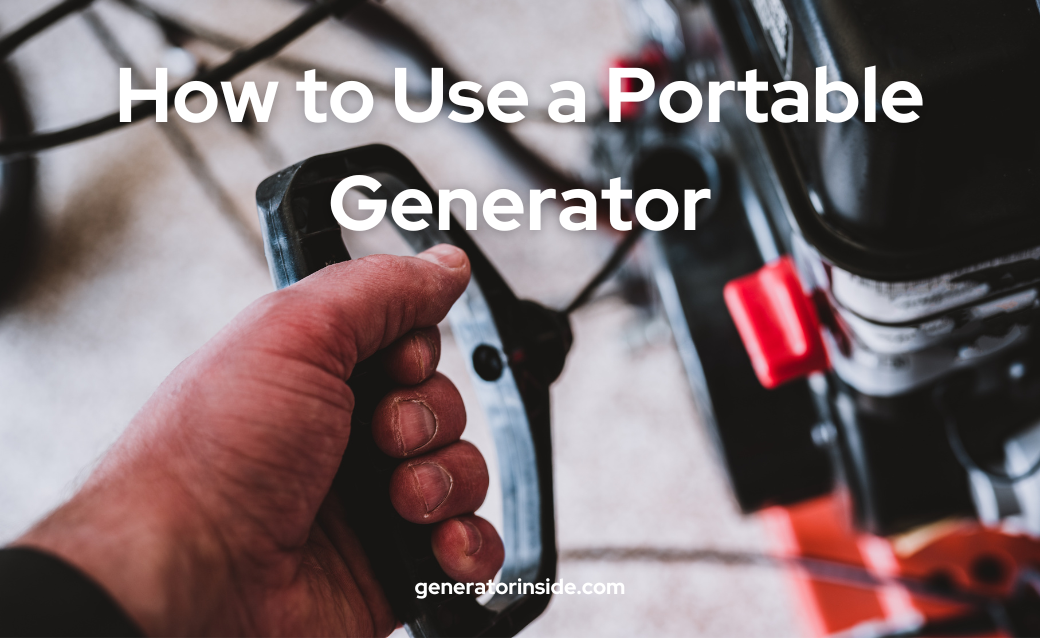
Generators serve as versatile tools with a wide range of applications, from illuminating your camping adventures and energizing outdoor festivities to ensuring your household remains functional during emergencies. Typically, generators cater to short-term needs, but in certain situations, such as prolonged power outages caused by extreme weather, you may need to test your generator’s endurance. This raises a critical question: how long can a generator run continuously without encountering issues? Let’s find out!
Can a Portable Generator Run 24 Hours a Day?
Running a portable generator continuously for 24 hours a day is generally not recommended. Although some high-quality and well-maintained generators may be capable of running for extended periods, there are several factors to consider:
Fuel capacity:
Most portable generators have a limited fuel tank capacity and cannot store enough fuel to run for 24 hours straight without refueling.
Overheating:
Running a portable generator for such a long duration may cause overheating, leading to decreased performance, component damage, or even generator failure.
Maintenance requirements:
Portable generators require periodic maintenance, including oil changes and inspections of air filters, spark plugs, and other components. Operating the generator for extended periods without proper maintenance increases the risk of malfunctions and breakdowns.
Manufacturer’s guidelines: Each portable generator comes with specific guidelines and recommendations from the manufacturer regarding maximum runtime. Exceeding these guidelines can void the warranty and compromise the generator’s longevity.
To ensure the safe and efficient operation of your portable generator, it’s best to adhere to the manufacturer’s guidelines, provide adequate rest periods, and perform regular maintenance. For situations that require continuous power for extended durations, consider using multiple generators in rotation or investing in a standby generator designed for longer runtimes.
How Long Can You Run a Portable Generator Continuously?
The duration for which you can run a portable generator continuously depends on several factors, including the generator’s make and model, fuel capacity, maintenance, and environmental conditions. Generally, portable generators can run between 8 to 12 hours on a single tank of fuel, but some heavy-duty models may operate for up to 20 hours.
Here are some factors to consider:
Fuel capacity:
The size of the fuel tank directly affects the runtime of a portable generator. A larger tank allows for longer continuous operation but it’s essential to check the manufacturer’s guidelines for specific runtimes.
Generator load:
The runtime of a portable generator also depends on the electrical load it’s supporting. Operating at full capacity will consume fuel more rapidly and reduce the continuous runtime while a lighter load will extend it.
Maintenance:
Regular maintenance, such as oil changes, air filter checks, and spark plug inspections, is necessary for the efficient and safe operation of a portable generator. A well-maintained generator can run for longer periods without issue.
Environmental factors:
Ambient temperature and elevation can influence the runtime of a portable generator. Higher temperatures and altitudes may reduce the generator’s efficiency, leading to shorter continuous operation times.
What Can Happen if a Generator is Run for a Long Period of Time without a Load?
Running a generator for an extended period without a load can lead to potential issues that may affect its performance, efficiency, and longevity. Here are some of the risks associated with operating a generator with no load for long durations:
Wet stacking
Diesel generators are particularly susceptible to a condition called “wet stacking” when operated for long periods without a load or at a low load. Wet stacking occurs when unburned fuel accumulates in the exhaust system, causing carbon deposits, reduced efficiency, and potential damage to the generator. Running the generator at a higher load for a short period can help mitigate this issue.
Carbon buildup
In gasoline and propane generators, running without a load for extended periods can lead to carbon buildup on the spark plugs, cylinder heads, and exhaust system. This buildup can decrease engine efficiency and may eventually cause the generator to malfunction or fail.
Inefficient fuel consumption
Generators are designed to operate efficiently under a specified load. Running a generator without a load can lead to inefficient fuel consumption and increased wear and tear on the engine components.
Internal component wear
The lubrication system in a generator is designed to function optimally under a specific load. Operating the generator without a load for extended periods can cause inadequate lubrication, increasing the wear and tear on internal components such as bearings, pistons, and cylinders.
Do Portable Generators Need a Break?
Yes, portable generators do need breaks between periods of operation. Allowing your generator to rest is essential for maintaining its performance, efficiency, and longevity. Continuous operation without breaks can lead to overheating, increased wear and tear on internal components, and potential malfunctions.
How Long Does a Generator Need to Rest?
It is essential to allow your portable generator to rest for a minimum of 30 minutes after each use before starting it up again. Immediately powering the generator while the engine is still hot can lead to a variety of problems. The most advisable course of action is to turn off the appliance and ensure no other devices are running on the generator for approximately an hour. However, it’s important to note that different generators may require varying rest periods depending on their specifications and operating conditions.
How long Can you Run a Portable Propane Generator?
When using a propane generator, you have more control over the fuel supply, which presents additional options for continuous fueling.
A straightforward method to prolong the runtime of a propane generator is to connect two propane tanks to a single gas line using a stopcock valve or changeover regulator. By doing so, you can regulate the flow from one tank while keeping the other closed. When it’s time to switch tanks, simply turn the stopcock valve. This setup allows you to replace the empty tank with a full one, ensuring you never run out of fuel.
Given an unlimited propane supply, how long can your generator operate?
The maintenance interval for most portable generators is approximately 100 hours, although this is not a strict rule. The limiting factor is often the engine oil, which tends to run low after 150-200 hours of use. To protect the engine, modern generators typically shut down automatically when the oil level is insufficient.
It’s essential to consider heat buildup when running your generator for an extended period. While generators may only accumulate a minimal amount of excess heat within 12-24 hours, operating beyond a day could lead to increased engine heat and potential permanent damage.
If you need to run your generator in warm weather, try using ice packs and a fan to cool the engine as much as possible. Keep in mind that operating the generator at higher wattages will generate more heat.
With proper management, a propane generator could potentially run continuously for up to 150-200 hours.
How Long Can you Run a Standby Portable Generator?
Standby generators are designed to run for extended periods, and there is no strict limit to their continuous operation. Depending on their size and fuel capacity, standby generators can run for 12 hours, several days, or even longer. On average, a standby generator can power a medium-sized home for up to 3,000 hours. However, it’s recommended not to run a generator for more than 500 hours consecutively to prevent excessive wear and tear.
Why is it Important to Give Your Portable Generator a break?
It is important to give your portable generator a break between periods of operation for several reasons that contribute to its performance, efficiency, and longevity. Here are the factors that make breaks essential for portable generators:
- Cooling down: Running a generator continuously for extended periods can cause the engine and other components to become excessively hot. Allowing the generator to rest helps these parts cool down, reducing the risk of overheating, which can lead to decreased performance or even damage to the generator.
- Preventing wear and tear: Continuous operation puts a strain on the generator’s internal components, such as bearings, pistons, and cylinders. Giving the generator a break reduces this strain, decreasing wear and tear on the components and prolonging the generator’s lifespan.
- Maintenance and refueling: Portable generators typically have limited fuel capacities and require regular maintenance, including oil changes, air filter checks, and spark plug inspections. Breaks provide an opportunity to refuel and perform necessary maintenance tasks, ensuring the generator continues to operate safely and efficiently.
- Safety: Allowing the generator to rest between periods of operation can help prevent potential hazards, such as electrical overloads or fuel leaks, which may occur due to excessive stress on the generator’s components.
By giving your portable generator breaks, you are protecting your investment, ensuring its optimal performance, and prolonging its useful life. Always follow the manufacturer’s guidelines for usage and maintenance to guarantee the safe and efficient operation of your portable generator.
How long Can you Run a Portable Generator Continuously Conclusion
Portable generators are incredibly versatile and valuable tools that provide power when and where it’s needed most. Whether it’s for a recreational adventure, an outdoor event, or during an unexpected power outage, understanding your generator’s capabilities and limitations is crucial to ensuring its safe and efficient operation. You don’t have to run a portable generator continuously. Just remember to follow the manufacturer’s guidelines, give your generator the necessary breaks, and perform regular maintenance to keep it running smoothly.
By being aware of factors such as fuel capacity, load, maintenance, and rest periods, you can make informed decisions when using your portable generator and extend its lifespan. In the end, taking proper care of your generator not only guarantees a reliable source of power when you need it most but also provides peace of mind knowing that you are operating it safely and responsibly.
Also Read:
Difference between Inverter and Generator
How Much Gas Does A Generator Use













